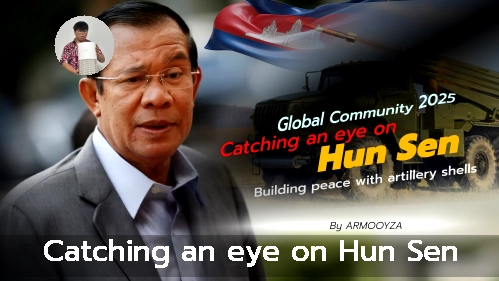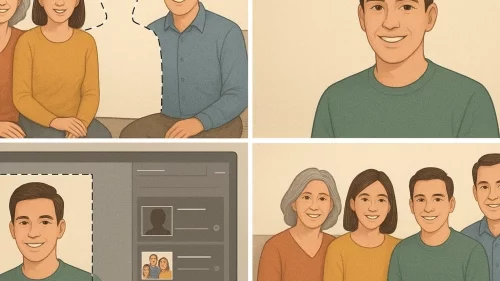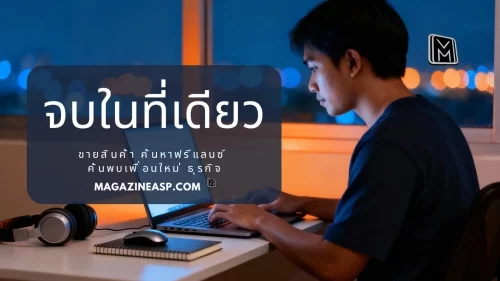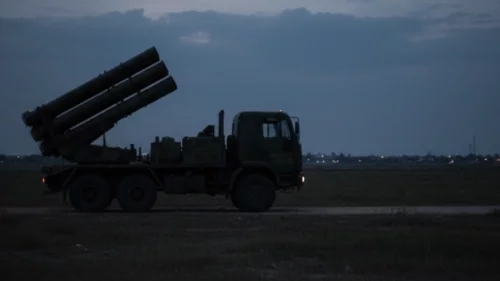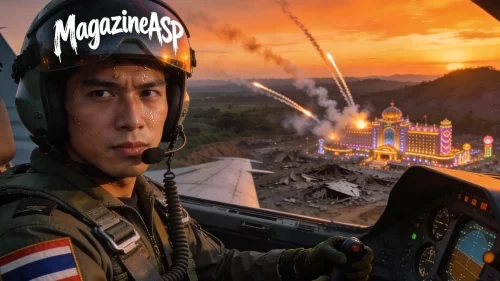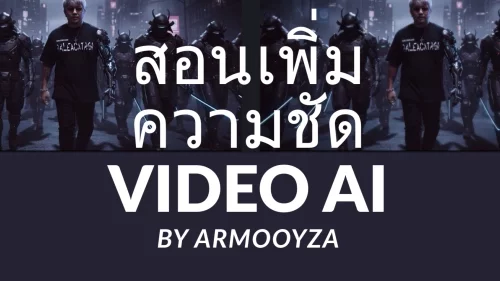Catching an eye on Hun Sen
Global Community Watches: Hun Sen Builds Peace with Artillery Shells
The Roar of Guns as BM-21s Pound Thai Soil Thai Citizens Become Targets
On a serene morning that once was, the border between Thailand and Cambodia (or "Khmer" as Thais commonly refer to it) once again became a fierce battlefield. Suddenly, the deafening roar of rockets soared from the sky, directly hitting areas that were once home to innocent villagers in Thailand. This violent incident caused immense damage and underscored the fragility of the border situation with Thailand, resulting in the brutal and inhumane treatment of Thai citizens.
บทความที่เกี่ยวข้องและแนะนำ:
- 🔥 ยอดนิยม: นักมวยกุนขแมร์ลั่น พร้อมรับใช้ชาติ
Heaven Falls on Thailand's Golden Axe BM-21 Targets Civilians
Imagine the chaos: At 9:00 AM on July 24, 2025, BM-21 rockets, a high-destructive multiple rocket launcher system, indiscriminately pounded community areas in Thailand. Not just military bases, but the collateral damage of violence also rained down on people's daily lives. Explosions echoed, buildings crumbled into ruins, people died and were injured, and most heartbreakingly, even a convenience store like 7-Eleven, a symbol of urban life, did not escape destruction. The once brightly lit, vibrant store was now nothing but charred ruins and debris.
Numerous Thai citizens had to flee in panic and disarray, leaving everything behind. Many lives ended unexpectedly, simply for being in the wrong place at the wrong time. Such direct targeting of civilians is an extremely inhumane act and a severe violation of international law.
Condemnation and Demand for Accountability Under the Laws of War
Immediately after the news of the attack spread, condemnation from the Thai side thundered. The act of attacking civilians and non-military infrastructure clearly constitutes a violation of the Laws of War, which are part of International Humanitarian Law rooted in the Geneva Conventions. These conventions establish fundamental principles for the protection of those not participating in hostilities, such as civilians, medical personnel, and the wounded, and prohibit intentional attacks on civilian targets. Furthermore, the Additional Protocols provide further details on the protection of civilians in armed conflict, emphasizing the principles of distinction between combatants and civilians, and proportionality, meaning that harm to civilians must not be disproportionate to the anticipated military advantage. The use of BM-21 rockets to attack community areas and stores like 7-Eleven is not only a brutal act but also a grave breach of international obligations and undeniably constitutes Crimes Against Humanity or War Crimes, for which there is no statute of limitations.
As a result of that day's events, 12 innocent Thai citizens died, and one brave soldier was seriously injured, along with nearly a hundred wounded – a massive and unacceptable loss.
As a sovereign nation, Thailand immediately responded to defend its legal rights by sending F-16 jets to attack Cambodian bases. This counter-attack aimed to protect national sovereignty and save the lives of its people to the fullest extent possible, through the utmost efforts of brave soldiers who wish for peace and well-being for all Thai citizens.
Hun Sen and the Context of Leadership in Conflict with Thailand
In a broader context, the role of a leader like Hun Sen, Cambodia's influential former Prime Minister, is closely watched when conflict arises in the region, especially when facing Thailand. Although the actions of a government leader are within the context of domestic politics and regional roles, not as a leader of a transnational terrorist group, past history has shown that the exercise of state power in managing conflicts, especially when involving military force, has a profound impact on innocent civilians and can inevitably lead to accusations of human rights violations.
Unforgettable Scars: Long-Term Impact and Accountability
This incident has left deep scars in the hearts of Thai people, especially those who lost loved ones or homes. The damage incurred is not limited to material possessions but also includes trust and good relations between neighbors. The psychological wounds of villagers who faced death and fear from the attack may take a long time to heal, and for some, it might become a lifelong nightmare.
Bringing the perpetrators to justice under international law is therefore crucial to ensure justice for the innocent victims and to serve as a lesson to those who contemplate using military force to attack civilians: that such inhumane acts will never be forgiven and must be remembered in history as unacceptable brutality. Prosecution through international mechanisms such as the International Criminal Court (ICC) or ad-hoc tribunals may be a way to bring those responsible to justice, to confirm that no one is above the law, no matter how high their position.
The world continues to closely monitor the Thai-Cambodian border situation and hopes that this crisis will be resolved as soon as possible, so that peace returns to the area, and that the principles of civilian protection under international humanitarian law and the Geneva Conventions are strictly respected, which are fundamental to peaceful coexistence in the global community.
